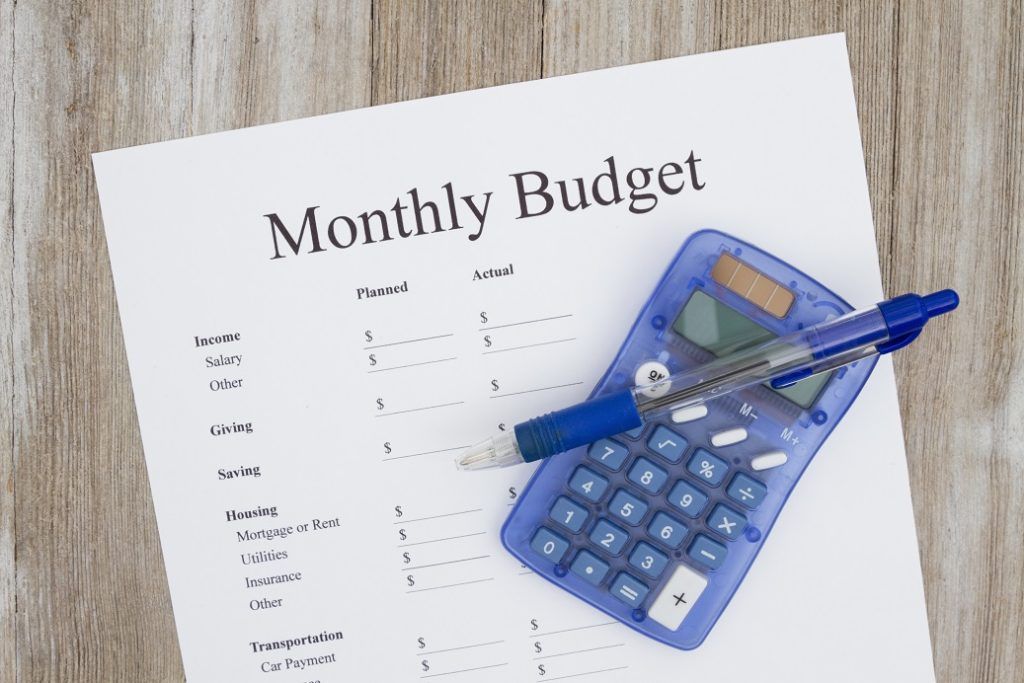Selecting the right insurance policy is just like picking up your dentist, it might seem like a strange analogy but if we think logically all of us avoid our dentist till it becomes really painful so having a good dentist is a good insurance against future dental problems. If selected carefully insurance policy can provide plenty of benefits along with the financial security in case of any unfortunate related to health, your house, business and even in case of death. It is crucial to pick the right insurance to make sure that you are not under insured and are not overpaying for the insurance. It becomes really important to understand the insurance pitfalls to select the best insurance policy from the best insurance company.
1. Not Assessing Your Needs Properly
One of the most common insurance mistakes is to not completely assess your insurance needs like coverage requirement and risk factors that can affect your coverage. Without analysing the coverage needs and risk factors majority of people end up overpaying for their insurance and getting a lesser coverage then what is required. Analysing your coverage requirements as per the type of the insurance is essential, whether it is your health, car, home or life insurance analysing your financial situation and setting the coverage amount based on this analysis can avoid a lot of trouble in future. Analysis of risk factors like your age, lifestyle occupation and location can impact your coverage level.
Solution:
The insurance tip here would be to completely analyse the coverage requirement and consult an insurance advisor regarding the risk factors and their impact to avoid this insurance pitfall which may lead to issues like high premiums, less coverage etc.
2. Overlooking Policy Details
Avoiding key terms in terms and conditions which are often overlooked can give you really unpleasant surprises when you would be filing the claim in future. This insurance mistake is very common in United Kingdom because most people do not take the time to understand the terms used in the agreement and sign their insurance documents in a hurry. People miss the key details like exclusions in the insurance policy, coverage limits and the conditions on which the coverage is contingent on, and majorly deductibles which is the amount that will be coming out of your pocket before your insurance starts working.
Solution:
Just remember the orthodox and boring advice of reading the documents carefully before signing them because in case of insurances you are paying to covers up your losses in case if anything goes wrong and no one would like surprises if something goes wrong while filing for the claim. Complete information regarding the variables like limits, deductibles and exclusions is required to make an informed decision about insurance policy as it is very easy to get mislead by the advertisements and sugar-coated pitch of your insurance agent. If you are not sure about the technical jargon used in the agreement of your insurance policy you can always ask your insurance agent to provide complete information regarding the terms in the agreement.
3. Choosing Based on Price Alone
It is one of the most obvious insurance mistakes which a majority of people in the United Kingdom make. Selecting the insurance policy on the basis of price alone can actually take away a lot of benefits away like a decent coverage, can lead to high deductibles, and can mostly have poor claim process. Insurance is basically a service and price alone should not be a criterion to select the insurance policy. Selection of insurance policy should be fair mix of an affordable price, manageable deductibles, and a decent customer service while filing for the claim.
Solution:
Coverage provided by the insurance outweighs the importance of cost as the purpose of taking an insurance is to cover for loses due to any unfortunate incident which can be related to car, house, health, business and even life. A good balance between the cost of the insurance and coverage provided should be the most desired aspect and not the cost of insurance alone. Another important factor to select the insurance which should be considered along with the cost should be capability of the insurance provider to handle claims and ratings for the customer service. When these factors are considered together an informed decision about the insurance can be made and the blunder of selecting the cheap insurance policy can be avoided.
4. Not Reviewing and Updating Your Policy Regularly
Life is dynamic and is full of changes and so are the risks associated, with each new event in life comes the need to make changes to the insurance policy. Events like getting a new car, getting married, having children, buying a home or the most common one aging with each of these changes in your life comes the need to make changes to the policy to ensure that you are covered and secured for any unexpected event. Most people in United Kingdom make the insurance mistake of not updating the insurance policy they have. This can lead to less coverage than required and also in some case lead you make for the coverage which is not even required.
Solution:
A very simple tip to avoid this insurance mistake is to review your policy regularly to make sure that you are policy is updated with your current situation. A good practice would be to update your policy every year.
5. Not Checking the Insurer’s Reputation
An insurance policy is mainly taken to provide financial support during unfortunate times through claims for covered assets. The last thing that anyone would expect is delay in getting claims in those unfortunate times. The insurance mistake of not checking the insurer’s reputation is made either due to ignorance or due to accepting a low-cost insurance offer. This one silly mistake can severely impact the process of getting a claim and sometimes even leading to denial of claim by insurer.
Solution:
A very logical and common sense-based solution to this problem is to make the insurer’s reputation the first thing to check while selecting an insurance. This can be easily done by checking the reviews and ratings for the insurance provider on various comparison websites for insurance providers in United Kingdom. You can easily check the company stability of the insurer by the help of ratings given by agencies like A.M. Best, Moody’s, or Standard & Poor’s.
Insurances are taken to make sure that we are financially secured in unfortunate events. But mistakes like not checking the coverage, only considering cost of insurance policy, not considering the reputation of the insurer etc. will not only mess with the financial security but will also put the customer under financial stress even after having a policy. By having complete knowledge about the insurance mistakes and their solutions customers can avoid the insurance pitfalls and can secure their assets and ensure that their future is insured completely and efficiently.





